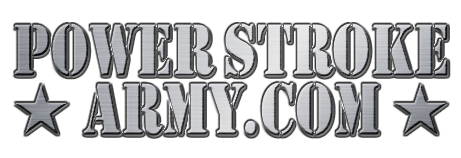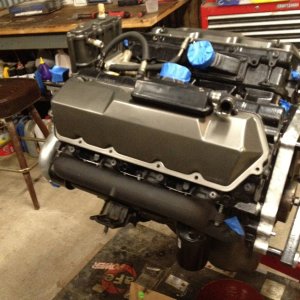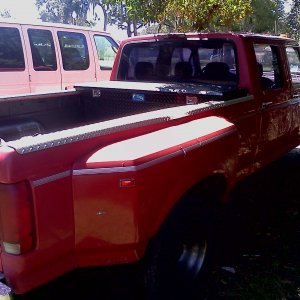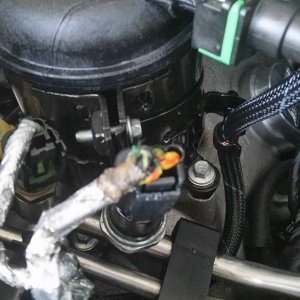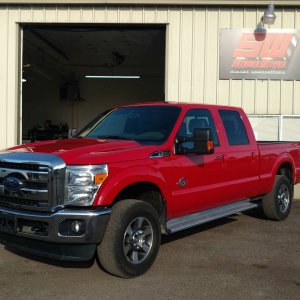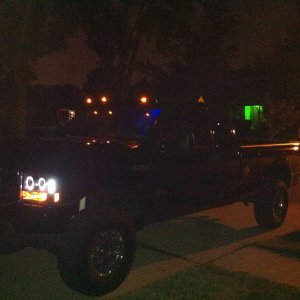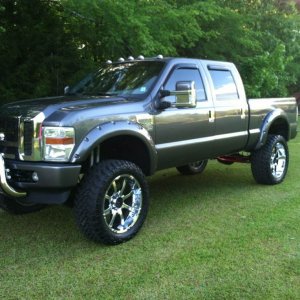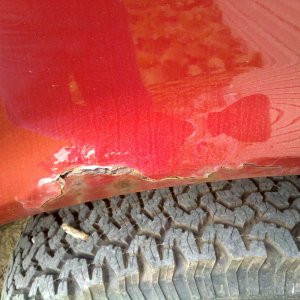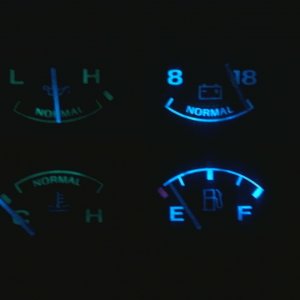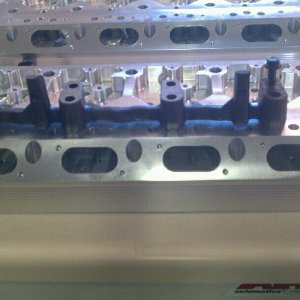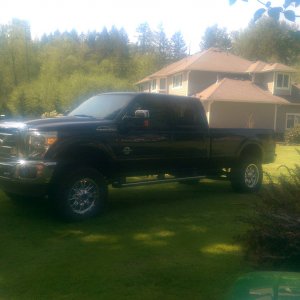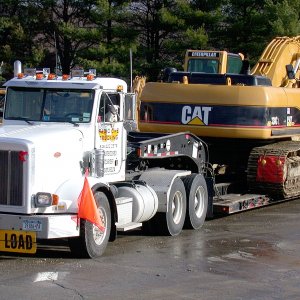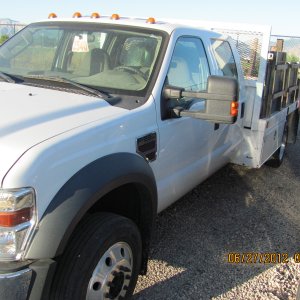Personally when I tune I try to keep it as close to stock at lower RPM and pretty much through... at minimum... the first 1/3rd to 1/2 of the pedal. This is where most of your daily driving and cruising happens, and there's no point in having a lot of extra fuel, or timing, or anything else that will interfere or cause changes to an otherwise fine driving truck when you're light on the pedal.
Of course I'm stuck tuning just the ancient 7.3L, but the same concept applies to the 6.7L. I've learned over the years that the more I deviate from stock when I'm trying to drive it like it's stock, the more quirks I have to deal with. There are not many exceptions to that rule when it comes to tuning.
So..... leave it stock-ish for when you want it to behave like stock, and then bring on the goodies when you dig your foot further in the pedal and want to play. It's simple, but it works. And in the end you'll find that you've actually done less work to modify the tune.
Now on the 6.7L if you're trying to add a bit of boost on the bottom end and you're seeing a mileage increase WITHOUT any detrimental effects to how it drives/behaves, then go for it. There's nothing wrong with adding a bit more air if it's available. Try it without retarding the timing and see how it runs. That little bit of extra boost isn't going to add much to cylinder pressures. Again it's fuel and timing that will be the primary factors in determining your overall cylinder pressures, and ultimately, torque output.
